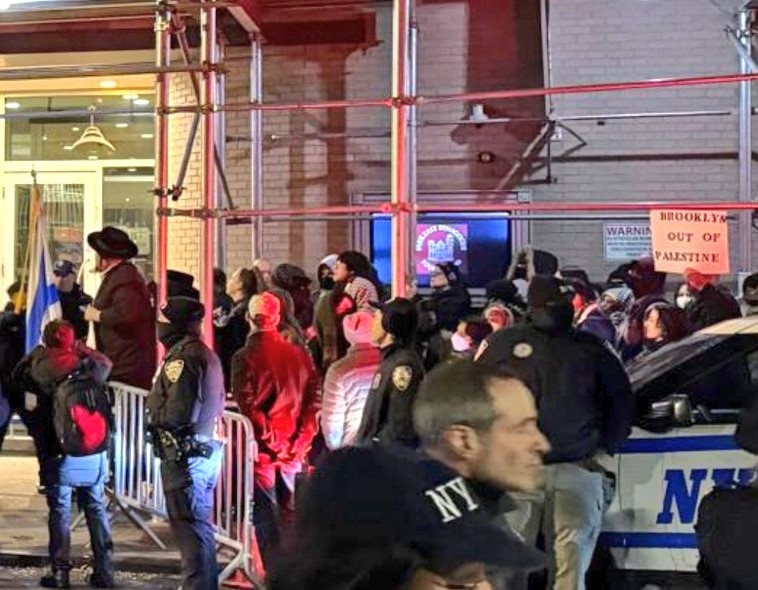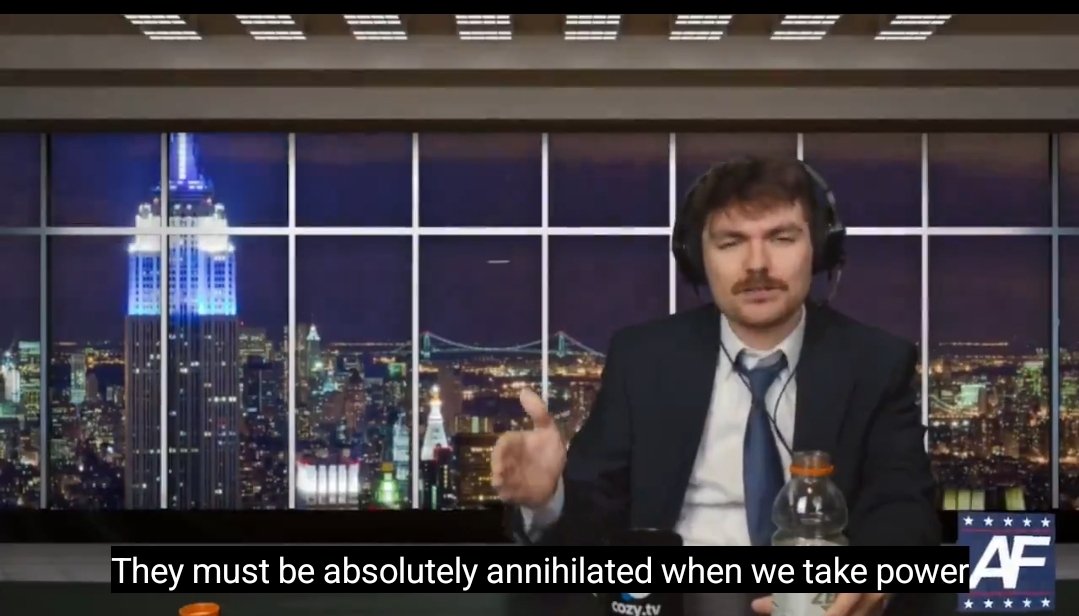By Elchanan Poupko
One thing I never thought I would see on my recent trip to Canada? A great deal of hope for New York City. Having traveled to Toronto and more rural areas in Canada, I saw a changed Canada. No longer the polite, peace-loving, neutral country free of antisemitism, but a country that has submitted itself to the hateful pro-Hamas propagandists, quietly abandoning its Jewish community to the mercy of the mob. Yet crystallized in that grim decline of Canada was great hope for New York’s Jews, who are rightfully apprehensive about Zohran Mamdani becoming the mayor of New York City. New York is no Canada, and New York’s Jews are ready to fight back.
While few Jews I have met in Canada believe there will be Jewish life in Canada fifty or one hundred years from now, Jews who are most concerned about a Mayor Mamdani do not doubt that Jews will thrive in New York City long after Mamdani is gone. While 335,200 Canadian Jews represent 0.9% of Canada’s population, 1.4 million Jews representing 12% of New York’s population are a whole different story.
But it’s not just about numbers. Going all the way back to 1654, when Peter Stuyvesant, the governor of the Dutch colony of New Netherland, which later became New York, tried to expel New York’s 23 Jews who were fleeing the Spanish Inquisition’s persecution, New York’s Jews always fought back. New York’s Jewish community was the first community to defeat the Nazis with their brilliant response to the German American Bund in the late 1930s; it was never known to be a community that would put its head down and take a beating.
New York and Canada also differ in a way that highlights the tragedy of antisemitism in Canada—allies. While New York Jews can turn in many directions to stand with others against Mamdani and the Democratic Socialists of America, Canadian Jews have found themselves with far fewer allies than they had expected. There’s no question that people like Pierre Poilievre and many members of Canada’s Conservative Party have been rock-solid allies of the Jewish community—speaking out loud and clear against antisemitism. Yet within Canada’s civil society, Canadian Jews have been hard-pressed to find allies who,, if not standing with them against antisemitism, would at least be the enemies of their enemy.
As mobs of pro-Palestinian Canadians marched on Jewish neighborhoods, Jewish Canadians were hard-pressed to find a group that would stand with them against those mobs. While American Jews have also been shocked by the lack of allyship, there are plenty of New Yorkers who are strongly opposed to the Zohran Mamdani brand of politics, and many with whom American Jews can find common cause against the pro-Hamas mob. Like the tragedies of so many Jewish communities in the past, the tragedy of Canadian Jewry has been precisely the lack of sympathy from many whom Canadian Jews would expect to support them.
Going back and forth between New York and Canada’s Jewish communities, one lesson is universal: where we fight back, there is hope. Sitting back, waiting idly to see what attacks antisemites will land on us, emboldens antisemites. From New York to Canada, Jews are finding hope in organizing and fighting back. Canadian Jews just scored such a victory today as the Toronto International Film Festival reversed its decision to censure the film The Road Between Us, about the horrors of October 7th.







